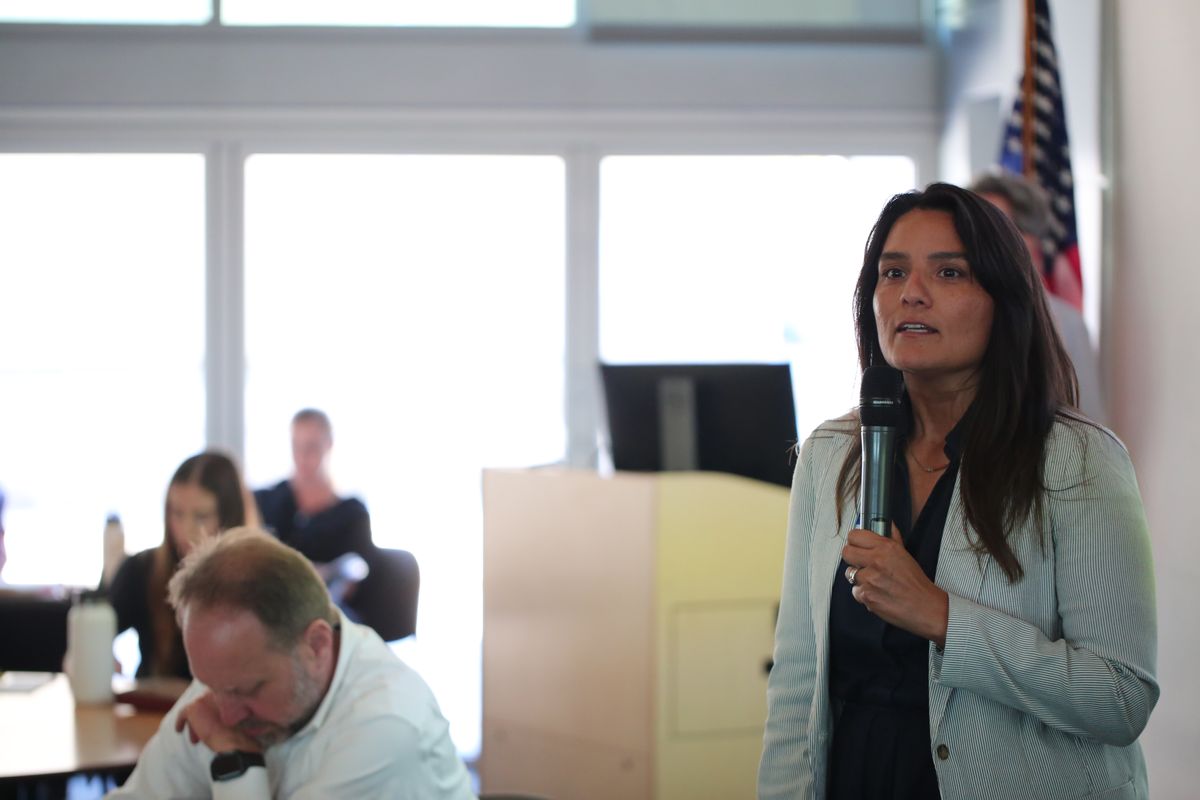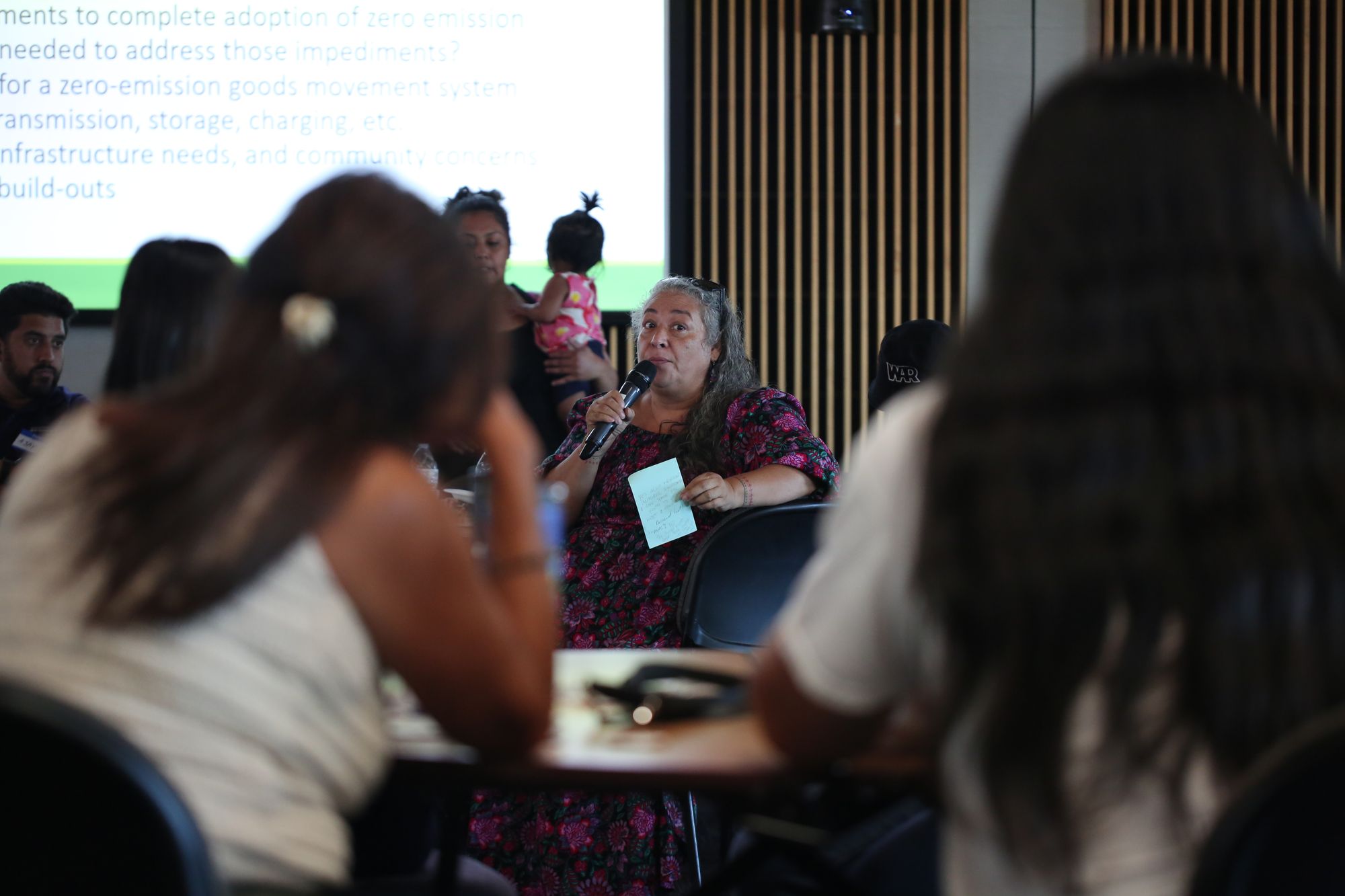EPA’s Martha Aceves Guzman meets with residents, environmental justice groups to discuss goods movement impact on Inland Empire communities

On Wednesday August 30, senior leaders from the Environmental Protection Agency (EPA) convened with San Bernardino residents and community organizers to address concerns regarding the impact of goods movement and pollution.
The event, hosted at San Bernardino Valley College, featured presentations from the People’s Collective for Environmental Justice (PC4EJ), the Sierra Club and East Yard Communities for Environmental Justice.
A central issue raised by the groups was the railroad’s legacy of leniency and the need to electrify the transportation sector.
"This administration is about transitioning the economy to being a clean energy based economy," said Martha Guzman Aceves, the regional administrator for the EPA’s Pacific Southwest Region (Region 9).
Aceves explained that while all sectors of transportation need to be electrified, locomotives are a focal point because they are further behind, highlighting that the “heavy-duty truck industry” is more heavily regulated partly because many truck drivers operate as independent contractors.
As a long term consequence, the emphasis on trucking regulation has meant that there has often been a poor regulatory standard implemented for locomotives and railyards, explained Aceves.
"We set the expectation real low for the railroad industry for centuries," Aceves said. "That's a cultural shift at that point, because the industry doesn’t even have an expectation. You talk to the heavy-duty truck industry and the manufactures are setting their own goals now. They're just in a totally different place."

The issue, Aceves explained, is leadership.
“The leadership of these organizations, of these manufacturers, of the railroads, of all the different sectors – Amazon – you know, the leadership has to take more of this on,” she said. “And they were here. So, hopefully we made a little progress today.”
However, Mary Valdemar, a co-founder of the Chicano Indigenous Community for Culturally Conscious Advocacy and Action (ChICCCAA), takes issue with the EPA’s pace.
“I feel like this conversation is very late,” Valdemar said. “I have had the honor and privilege of working alongside youth activists who, in this very room, did direct action to push back.”
For Valdemar and her peers, the frustration emerges from a local-federal tension and poor community engagement.
“Much of the policy and the decision making happens at the federal level,” Valdemar said. “And so it’s a frustration because it impacts us at the local level, yet we don’t have much control over the decision making that happens.
“But I would say that all agencies – not just rail – you know, logistics, goods movement, all of these agencies, we are calling on them to do better with community engagement and to listen to communities.”
